Maximize Nutrient Absorption: Stop Wasting Healthy Food!

Eating a nutritious diet is crucial for maintaining good health, but it’s not just about consuming healthy food. Many of us unknowingly waste the nutritional value of our meals due to poor nutrient absorption.
Did you know that vitamins and minerals play a vital role in energy production and storage in the body? To reap the benefits of a healthy diet, your body must be able to absorb these essential nutrients effectively.
Understanding how to maximize nutrient absorption can significantly impact your overall well-being, making it essential to learn how to get the most out of the food you eat.
Key Takeaways
- Eating healthy food is not enough; your body must absorb the nutrients.
- Vitamins and minerals are crucial for energy production and storage.
- Poor nutrient absorption can lead to wasted nutritional value.
- Maximizing nutrient absorption can improve overall health.
- Understanding nutrient absorption is key to a healthy diet.
Understanding Nutrient Absorption: Why It Matters
The process of nutrient absorption is vital for converting the food we consume into energy and the building blocks necessary for bodily functions. Nutrient absorption refers to the process by which the body takes in and utilizes the nutrients from the food we eat.
What Is Nutrient Absorption?
Nutrient absorption is an essential part of optimal digestion. It involves the assimilation of substances like vitamins, minerals, fatty acids, and amino acids into the bloodstream and cells or across tissue and organs. This complex process ensures that our bodies receive the necessary components for energy production, growth, and repair.
| Nutrient Type | Function | Food Sources |
|---|---|---|
| Vitamins | Essential for energy production and various bodily functions | Fruits, vegetables, whole grains |
| Minerals | Crucial for maintaining healthy bones, nerves, and muscles | Nuts, seeds, dairy products |
| Fatty Acids | Important for heart health and brain function | Fish, nuts, vegetable oils |
The Benefits of Efficient Absorption
Efficient nutrient absorption has numerous benefits, including enhanced energy levels, improved overall health, and a reduced risk of chronic diseases. When our bodies absorb nutrients effectively, we are more likely to maintain a healthy weight, have a robust immune system, and enjoy better mental clarity and focus.
By understanding the importance of nutrient absorption and how to optimize it, individuals can make informed dietary choices that significantly impact their health and wellbeing.
Common Factors Affecting Nutrient Absorption
Several factors can influence how well our bodies absorb nutrients from the food we eat. Understanding these factors is crucial for maintaining optimal Digestive Health and ensuring we get the most out of our Nutrient-Rich Diet.

The food we consume plays a significant role in nutrient absorption. Certain dietary components can either enhance or inhibit the process. For instance, a diet high in processed foods and sugars can hinder nutrient absorption, while a diet rich in whole foods can support it.
Dietary Components That Help or Hinder
Some foods are known to enhance nutrient absorption. For example, vitamin C can boost the absorption of iron from plant-based sources. On the other hand, certain compounds like oxalates found in spinach can inhibit the absorption of minerals like calcium.
Eating a balanced diet that includes a variety of foods can help ensure that we are getting the necessary nutrients. It’s also important to be mindful of food intolerances, as they can significantly impact nutrient absorption.
Age and Nutritional Needs
As we age, our bodies undergo natural changes that can affect how we absorb nutrients. For example, older adults may experience a decrease in stomach acid production, which can impact the absorption of certain nutrients like vitamin B12.
Understanding the nutritional needs at different stages of life is essential for maintaining optimal health. For instance, pregnant women have a higher demand for certain nutrients like folic acid.
Gut Health’s Role
Gut health plays a pivotal role in nutrient absorption. A healthy gut microbiome is essential for the optimal digestion and absorption of nutrients. Factors like a balanced diet, adequate hydration, and managing stress can support gut health.
Probiotics and prebiotics can also contribute to a healthy gut microbiome, thereby enhancing nutrient absorption. Including probiotic-rich foods like yogurt and prebiotic-rich foods like asparagus in our diet can be beneficial.
Key Nutrients to Focus On
The journey to efficient nutrient absorption begins with identifying the most beneficial nutrients. To absorb nutrients efficiently, it’s crucial to understand which vitamins, minerals, and other nutrients play a significant role in our health.
Vitamins and Minerals That Make a Difference
Vitamins and minerals are the cornerstone of our nutritional well-being. They are involved in a myriad of bodily functions, from energy production to immune function. For instance, vitamin C can enhance the absorption of iron, a mineral crucial for healthy red blood cells. Consuming these nutrients together, such as having a glass of orange juice (rich in vitamin C) with a meal containing iron, can significantly enhance nutrient absorption.
| Nutrient | Food Source | Benefit |
|---|---|---|
| Vitamin C | Oranges, Bell Peppers | Enhances Iron Absorption |
| Iron | Red Meat, Spinach | Crucial for Healthy Red Blood Cells |
| Calcium | Dairy, Fortified Plant Milk | Essential for Bone Health |
The Importance of Omega Fatty Acids
Omega fatty acids, particularly omega-3 and omega-6, are vital for heart health and brain function. These essential fatty acids cannot be produced by the body and must be obtained through diet. Foods rich in omega-3, such as salmon and walnuts, not only support heart health but also contribute to better brain function and may help in reducing inflammation.
To maximize the benefits of these nutrients, it’s essential to consume them in the right combinations. For example, pairing foods rich in vitamin D with calcium-rich foods can enhance calcium absorption, supporting bone health.
In conclusion, focusing on key nutrients like vitamins, minerals, and omega fatty acids, and understanding how to consume them effectively, can significantly enhance nutrient absorption. By making informed dietary choices, individuals can improve their overall health and well-being.
Cooking Techniques for Optimal Nutrient Retention
Optimal nutrient retention starts with the right cooking methods. The way we prepare our meals can significantly affect the nutritional value of the food we eat. Cooking techniques can either preserve or destroy the essential nutrients in healthy food, making it crucial to choose methods that support optimal digestion.

Cooking methods vary widely, and each has its impact on nutrient retention. Among the most common techniques are steaming and boiling. Understanding the differences between these methods can help in making informed choices about how to prepare meals.
Steaming vs. Boiling: What’s Better?
Steaming and boiling are two popular cooking methods that have different effects on nutrient retention. Steaming is generally considered superior because it uses less water and heat, thereby preserving more of the food’s natural nutrients. Boiling, on the other hand, involves submerging food in water, which can lead to a loss of water-soluble vitamins like vitamin C and B vitamins.
However, boiling can be beneficial when cooking certain types of food, like grains and legumes, as it helps break down some of the tougher fibers, making the nutrients more accessible. The key is to use the minimum amount of water necessary and to consume the cooking water when possible, as it contains some of the lost nutrients.
The Power of Raw Foods
Incorporating raw foods into our diet is another effective way to maximize nutrient intake. Raw foods, especially fruits and vegetables, retain all their natural enzymes and nutrients since they haven’t been exposed to heat. Raw foods can provide a rich source of fiber, vitamins, and minerals, supporting optimal digestion and overall health.
While cooking can make some nutrients more accessible, a balanced diet that includes a mix of raw and cooked foods can provide the best of both worlds. It’s about finding the right balance and being mindful of the cooking techniques used to prepare meals.
Food Pairings for Enhanced Absorption
Pairing foods effectively is a key strategy for maximizing nutrient absorption and overall health. By understanding how different foods interact, you can make informed choices to enhance your nutritional intake.
Combining Foods for Maximum Benefit
Certain food combinations can significantly improve the body’s ability to absorb essential nutrients. For instance, consuming vitamin C-rich foods like citrus fruits or bell peppers alongside iron-rich foods such as spinach or red meat can enhance iron absorption. This is because vitamin C helps convert non-heme iron into a more soluble form that’s easier for the body to absorb.
Another beneficial combination is pairing healthy fats with vegetables. The fat-soluble vitamins (A, D, E, and K) found in many vegetables are better absorbed when consumed with sources of healthy fats like nuts, seeds, or avocados. For example, adding sliced avocado to a salad or sautéing vegetables in olive oil can improve the absorption of these vitamins.
Foods That Work Well Together
In addition to vitamin C and iron-rich foods, other beneficial pairings include:
- Tomatoes and olive oil: The healthy fats in olive oil enhance the absorption of lycopene, an antioxidant found in tomatoes.
- Leafy greens and citrus fruits: The vitamin C in citrus fruits can boost the absorption of iron from leafy greens.
- Nuts and seeds with vegetables: The healthy fats in nuts and seeds can improve the absorption of fat-soluble vitamins in vegetables.
By incorporating these food pairings into your diet, you can improve your nutritional intake and support overall health. Experiment with different combinations to find what works best for you and enjoy the benefits of enhanced nutrient absorption.
The Importance of Timing in Nutrient Intake
Nutrient absorption isn’t just about what we eat, but also when we eat it. The timing of our meals can significantly impact our digestive health and how effectively our bodies absorb the nutrients from our food.
Eating at regular intervals can help maintain a healthy digestive system. This consistency supports the body’s natural rhythms and can improve the efficiency of nutrient absorption.
When to Eat for Better Absorption
Research suggests that eating a nutrient-rich diet at the right times can enhance absorption. For instance, consuming a balanced breakfast can kickstart your metabolism and help in better nutrient utilization throughout the day.
Here’s a simple guideline to follow:
- Eat a balanced breakfast to start your day.
- Have a nutritious lunch to maintain energy levels.
- Opt for a light dinner to aid in better sleep and digestion.
As noted by a nutrition expert, “Eating in sync with your body’s natural circadian rhythms can improve digestive health.” This approach not only supports better nutrient absorption but also contributes to overall well-being.
“The way we eat is just as important as what we eat. Timing our meals according to our body’s needs can make a significant difference in our overall health.”
Meal Timing and Digestive Health
Meal timing can also affect digestive health. Avoiding heavy meals close to bedtime is recommended, as it can disrupt sleep patterns and put additional strain on the digestive system.
| Meal Timing | Benefits |
|---|---|
| Eating breakfast within an hour of waking | Boosts metabolism, supports nutrient absorption |
| Having a balanced lunch | Maintains energy, supports overall nutrition |
| Avoiding late dinners | Improves sleep quality, reduces digestive strain |

By paying attention to when we eat, we can take a significant step towards improving our digestive health and ensuring we’re getting the most out of our nutrient-rich diet.
Supplements: Do They Help?
With the supplement industry booming, it’s essential to understand whether these products truly enhance nutrient absorption. Supplements can be beneficial for individuals who have deficiencies or are at risk of deficiencies. However, they should be used judiciously and under the guidance of a healthcare professional.
The decision to take supplements depends on various factors, including dietary habits, health status, and lifestyle. For instance, individuals following a vegan diet might require vitamin B12 supplements, as this vitamin is primarily found in animal products. Similarly, people with limited sun exposure may benefit from vitamin D supplements.
Pros and Cons of Nutritional Supplements
Nutritional supplements can offer several benefits, but they also have potential drawbacks. On the positive side, supplements can help fill nutritional gaps in the diet, supporting overall health and well-being. For example, iron supplements can help alleviate anemia, while calcium supplements support bone health.
However, there are also potential risks associated with supplement use. Overconsumption can lead to toxicity, and interactions with medications can occur. Therefore, it’s crucial to weigh the pros and cons before adding supplements to your regimen.
| Supplement Type | Potential Benefits | Potential Risks |
|---|---|---|
| Multivitamins | Fill nutritional gaps, support overall health | Potential for overconsumption, interactions with medications |
| Omega-3 Fatty Acids | Support heart health, reduce inflammation | Fish oil supplements may contain contaminants like mercury |
| Probiotics | Support gut health, enhance immune function | Potential for adverse effects in immunocompromised individuals |
When to Consider Taking Supplements
Supplements can be a valuable addition to your health regimen under certain circumstances. If you have a diagnosed deficiency or are at risk of developing one, supplements can help mitigate this risk. Additionally, certain life stages or conditions may necessitate supplement use, such as pregnancy or osteoporosis.
“The goal is to ensure that individuals are getting the nutrients they need, whether through diet or supplementation, to support optimal health.”
Before starting any supplement regimen, it’s essential to consult with a healthcare professional. They can help determine whether supplements are necessary and recommend the appropriate type and dosage.
In conclusion, while supplements can enhance nutrient absorption, their use should be informed and cautious. By understanding the pros and cons and consulting with healthcare professionals, individuals can make the most of supplements while minimizing potential risks.
Lifestyle Choices That Support Nutrient Absorption
Beyond dietary choices, certain lifestyle habits can significantly enhance nutrient absorption, contributing to overall health and well-being.
One of the most critical lifestyle factors is hydration. Adequate water intake is essential for digestive health, as it helps dissolve nutrients and minerals, making them more accessible to the body.
The Role of Hydration
Staying hydrated is crucial for maintaining the health of the digestive tract. Water helps in the breakdown of food, allowing nutrients to be absorbed more effectively.
“Adequate hydration is key to preventing constipation and ensuring the smooth movement of food through the digestive system,” as noted by health experts.
It’s recommended to drink at least eight glasses of water a day, though individual needs may vary based on activity level, climate, and overall health.

Exercise and Its Impact on Digestion
Regular physical activity is another lifestyle choice that significantly impacts nutrient absorption. Exercise can enhance digestive health by improving gut motility and boosting the immune system.
Engaging in moderate-intensity exercise, such as brisk walking, cycling, or swimming, for at least 30 minutes a day can improve digestion and overall nutrient absorption.
As Dr. Jane Smith, a nutrition expert, notes, “Regular physical activity not only supports digestive health but also enhances the body’s ability to absorb essential nutrients.”
Incorporating these lifestyle choices into daily routines can have a profound impact on how effectively the body absorb nutrients efficiently, leading to better overall health.
Tips for Food Storage to Preserve Nutrients
To maximize nutrient absorption, it’s essential to store food correctly. Proper food storage not only maintains the freshness of fruits and vegetables but also preserves their nutritional value.
Best Practices for Storing Fruits and Vegetables
Fruits and vegetables should be stored in a cool, dry place or refrigerated, depending on their type. For instance, berries are best stored in the refrigerator in a covered container to maintain humidity and prevent mold. On the other hand, fruits like apples can be stored at room temperature or in the refrigerator to prolong their freshness.
Avoiding Nutrient Loss in Leftovers
When it comes to leftovers, it’s crucial to store them properly to avoid nutrient loss. Leftovers should be cooled down quickly and refrigerated within two hours. Reheating should be done carefully to minimize nutrient loss; it’s best to reheat food at a low temperature and for a shorter duration.
By following these simple tips, you can improve nutritional intake and ensure that you’re getting the most out of your meals.
Making Small Changes for Big Results
Improving nutrient absorption doesn’t require a complete overhaul of your diet and lifestyle. Making small, consistent changes can have a significant impact on your overall health and Maximize Nutrient Absorption.
Simple Dietary Tweaks
Start by incorporating foods that support Digestive Health, such as fermented foods or probiotics, into your meals. You can also try adjusting your cooking techniques, like steaming instead of boiling, to retain more nutrients.
Consistency is Key
Staying consistent with healthy habits is crucial for achieving lasting benefits. By making small changes and sticking to them, you can improve your nutrient absorption and overall well-being. Focus on progress, not perfection, and you’ll be on your way to a healthier you.
FAQ
What is nutrient absorption, and why is it important?
How can I improve my nutrient absorption?
What are some common factors that can affect nutrient absorption?
Are supplements necessary for optimal nutrient absorption?
How does cooking affect nutrient retention?
What are some beneficial food pairings for enhanced nutrient absorption?
How can I store food to preserve nutrients?
Can lifestyle choices like hydration and exercise impact nutrient absorption?
How can I make small changes to improve my nutrient absorption?
What are some key nutrients to focus on for optimal health?
🌸 Discover Weight Management Supplements That Works — Handpicked for You
Curated health & beauty essentials our readers trust — explore your new self-care favorites.
🌸 Discover Beauty That Works — Handpicked for You
Curated health & beauty essentials our readers trust — explore your new self-care favorites.
💖 Connect with SmartWellnessBeauty
Join our wellness & beauty community for daily inspiration, mindful living, and radiant self-care — follow us across your favorite platforms.
Explore More ✨


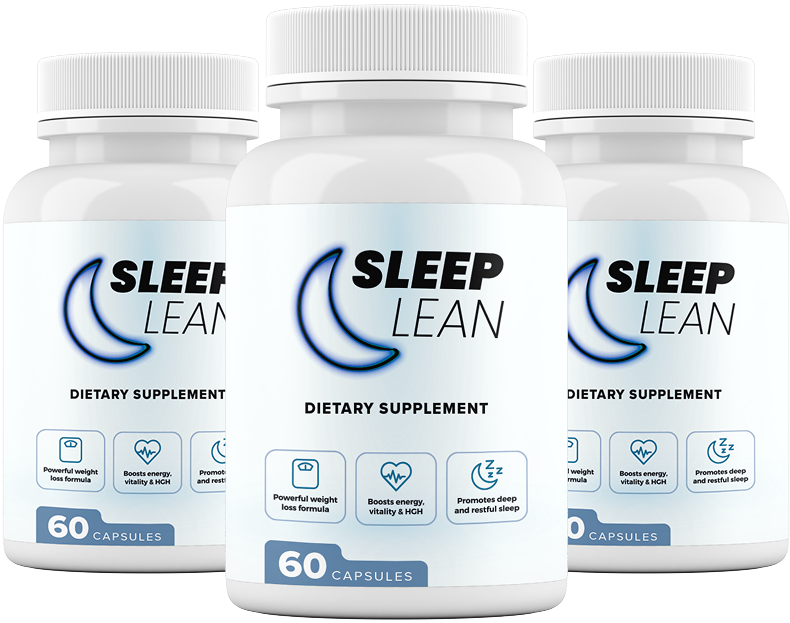

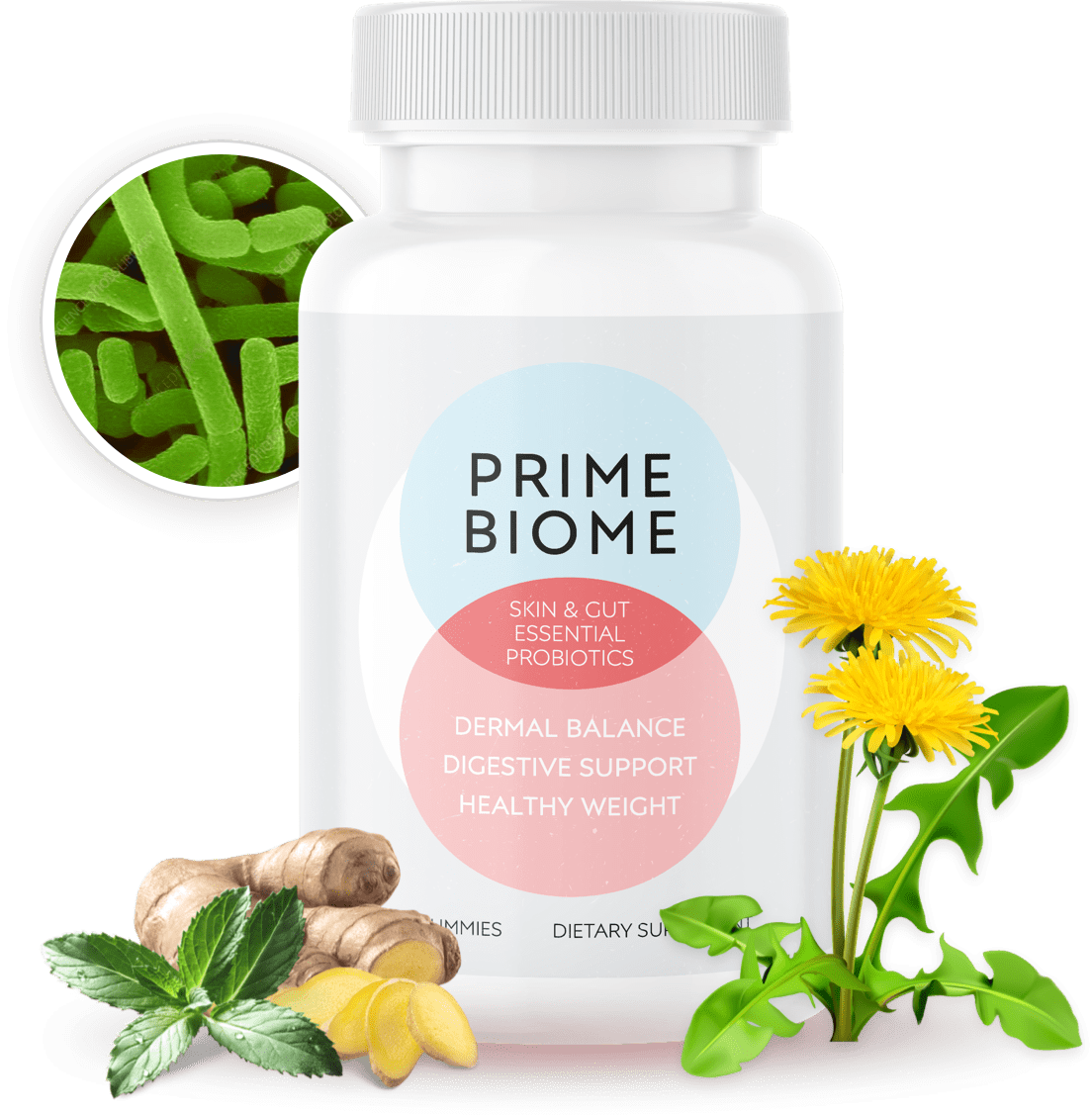
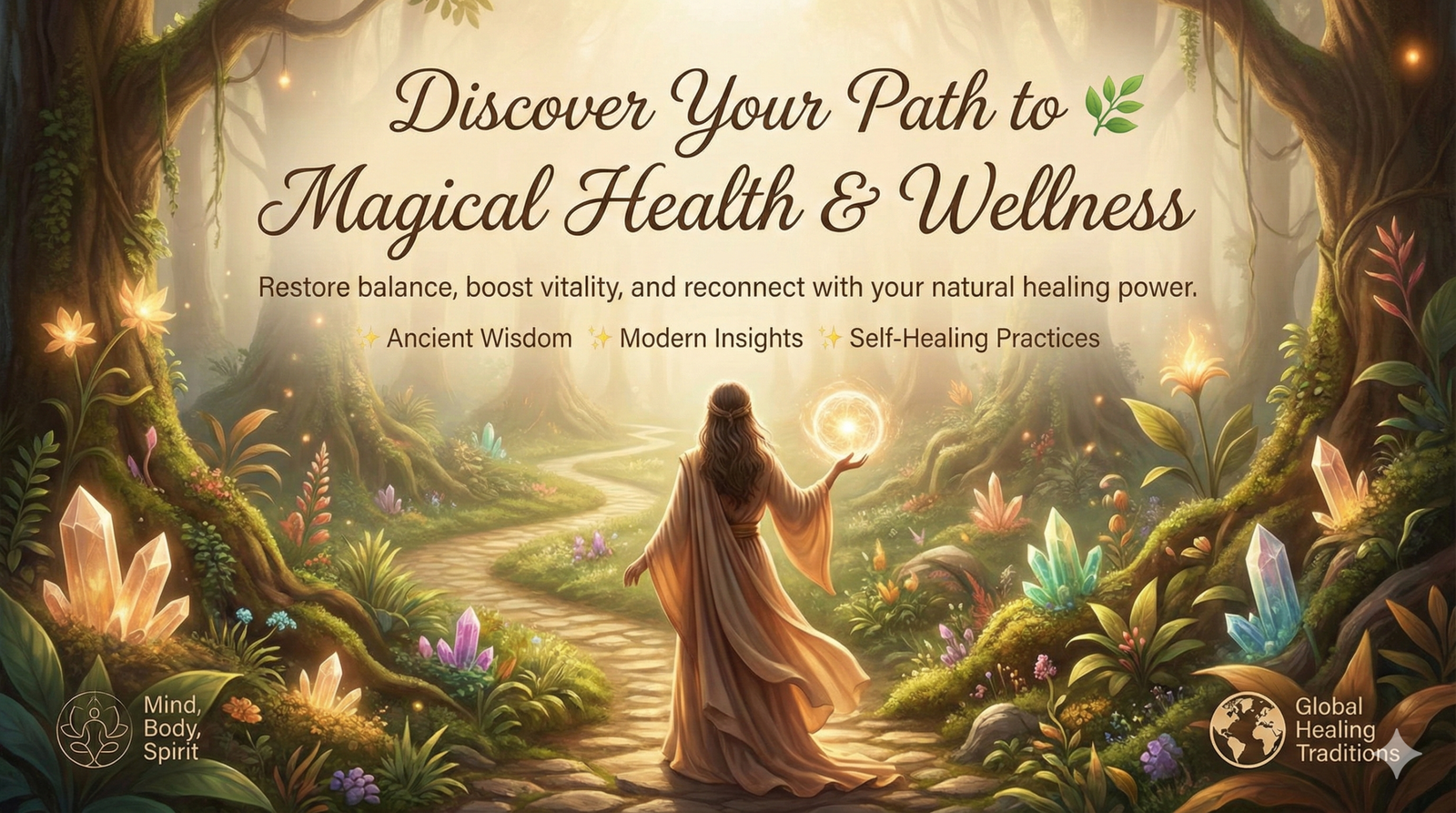

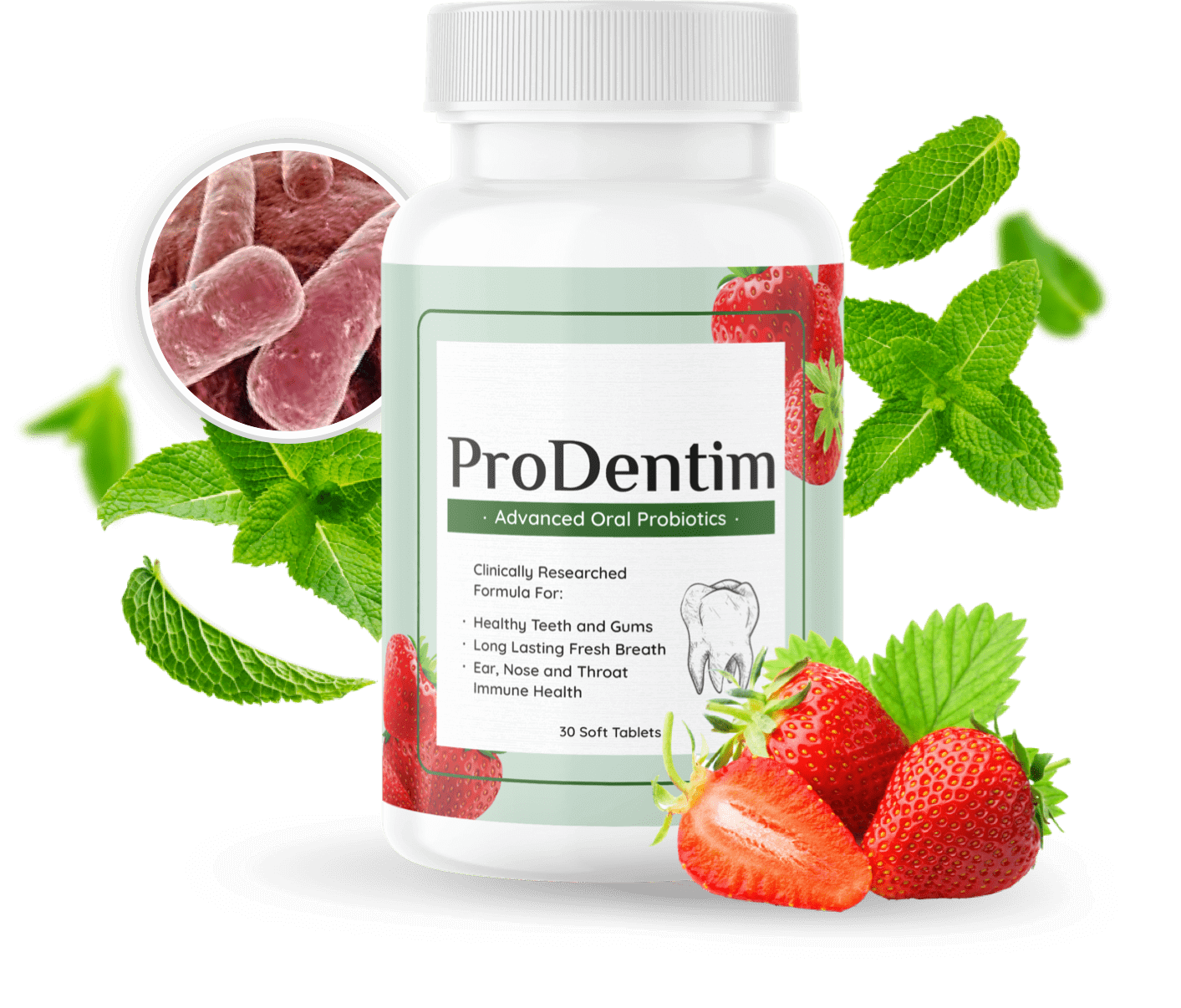

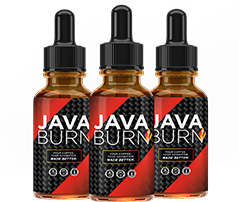

What do you think?
Show comments / Leave a comment